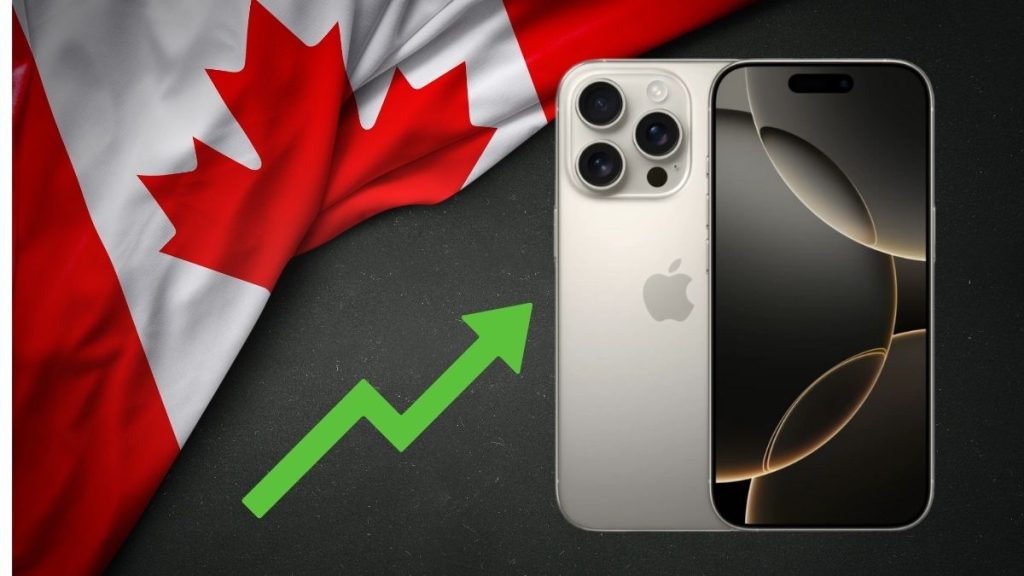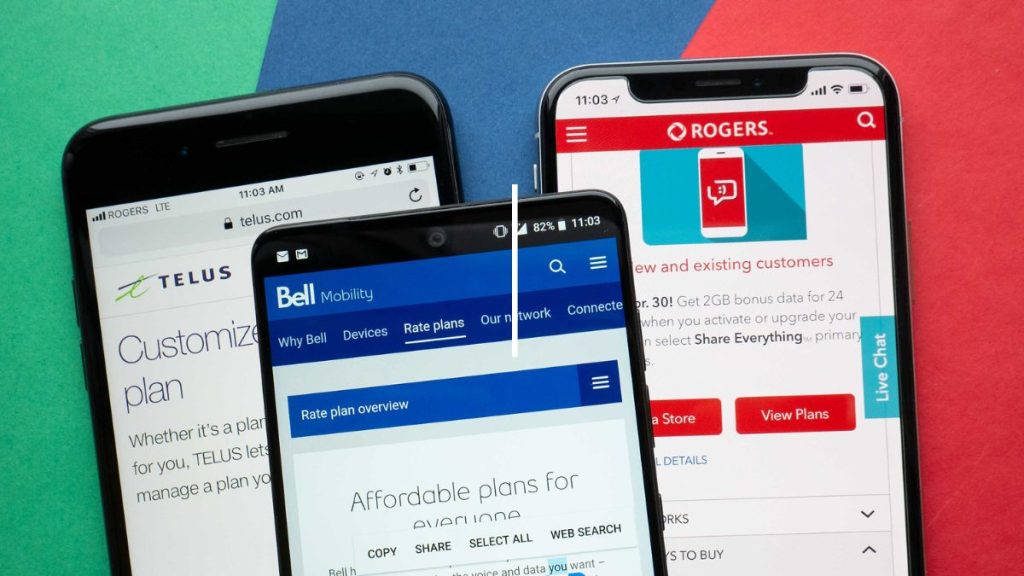There are currently two central ways for consumers to purchase a new cell phone. First, they can buy it outright for a large fee. Although it requires spending a lot of money in a single instant, the device then fully belongs to you, and you only need to worry about paying off your mobile plan. On the other hand, you could finance a phone over the course of a set time period. This way, you can gain a new phone without losing a ton of money all at once. However, you have to end up paying off the device at the end of every month, usually for two years. With all that in mind, should you finance a phone? Will it help you save more money in the long run? In this article, we will discuss everything you should know about these two methods of payment. After going over the pros and cons of each side, you should have a better idea of which method is better suited for you.
Is It Better to Buy a Phone or Pay Monthly?
To this day, many consumers choose to buy their phones on the day of purchase. Of course, this requires you to pay a huge sum of money all at once. You could either do so online or when visiting a provider’s store or kiosk. That being said, is it better to buy a phone or pay monthly? Obviously, the flat fee and the monthly fee should end up costing the same amount. So, if a brand new phone costs $1600, you could either spend that sum of money all at once, or prolong it over the course of two years, costing you $66.66 a month. Thus, the main difference between these two methods is more psychological, since the cost is identical. With that in mind, how can we tell when financing a phone is worth it?
Naturally, it is important to consider the difference between financing and leasing a phone. As we mentioned previously, financing a phone means paying it off in the form of small monthly fees over the course of (typically) two years. Leasing a phone may seem similar, but is very different. Like financing, a phone lease requires the user to pay off the device over the course of a set time period. Again, users will end up paying a small monthly fee until the device is completely paid off. However, once the time limit is met, the user must return the phone. As a result, the monthly fees are typically much lower than financing prices. In return, the user does not gain ownership over their phone, and must purchase another device once their contract comes to an end.
Contract VS Buying Phone Outright
In general, the main factor repelling users from choosing to finance a phone is the presence of long-term contracts. The thought of having to commit to something for two whole years is daunting for many. What if the phone stops working, or a superior model is released? Questions such as these drive the contract vs buying phone outright debate. Companies understand the public disdain for contracts, which is why pay as you go plans are becoming so popular. After buying a phone at a flat rate, you know that it immediately belongs to you. However, the presence of a contract can help provide a feeling of financial stability.
If you buy a phone outright, there is nothing stopping you from changing devices whenever you feel like it. Of course, many providers will reward you with monetary compensation for returning your cell phone. Still, nothing is stopping you from buying two or even three different cell phones within a two year period. Although long-term contracts seem binding, they ensure a sense of stability. During the two year window, you are certain that you will not spend more than the set amount on a new device. Even further, once the two year deadline is met, you can continue enjoying your phone if it’s still in good condition. This way, you truly feel like a winner, as you only need to pay off your phone plan at the end of every month.
Long-Term Contracts
Of course, long-term contracts are not absolutely binding. In all cases, you should be able to call your provider and cancel your contract at any given time. Still, with that in mind, it is impossible to say which payment option is objectively better. While financing a phone could prevent you from overspending, buying one outright avoids the possible stress of an extensive contract. So, you should base your decision off of personal preference. Ask yourself which you value more: Saving money or feeling independent. At the end of the day, the central differences between these two methods of payment are quite small. The money you’ll save by financing is mostly hypothetical, while the freedom you feel from paying outright will not be life-changing. Still, you should keep these two values in mind when choosing how to pay for your next cell phone.
Pros and Cons
If you’re still struggling to pick a side, we’ll outline a pros and cons list to make things easier. Again, the decision should boil down to your personal preference. So, take note of which pros or cons stand out to you as particularly strong or important. In doing so, you should be able to align with one particular side, and make up your mind on how to pay for your new device. Here are the various pros and cons of financing and buying a new phone:
Financing:
Pros
- Sense of security, you know how much money it will cost to finance a phone over the next two years
- Possibility of spending less money → since you are committed to a contract, you don’t have to worry about constantly upgrading your phone when a new model is released
- After the two year period is over, you can continue using your phone for as long as you want without paying it off
- After purchasing, you can leave the store with a brand new phone without losing any money in your bank account
Cons
- Financing requires signing a long-term contract which you should commit to for a period of two years → reduced sense of freedom and independence
- If you already pay several monthly bills, you will only increase your monthly expenses if you choose to finance a phone
- Your new phone doesn’t feel like it fully belongs to you until the two year period is complete
- Although cancelling the contract is possible, you could end up facing certain penalties in addition to paying your outstanding balance
Buying:
Pros
- The device is fully yours right away → you can leave the store with a new phone that belongs to you
- No contract – the one time payment is all you ever need to pay for your new device
- Upgrade whenever you want → if you’re ever tired of your phone, return it and buy a new one without having to worry about remaining payments or contract cancellation
- Feeling of complete freedom and independence, never feel held back as you retain complete ownership over your smartphone
Cons
- Large expense that requires a significant amount of money in a single transaction, could be hard for some to pay all at once
- Could be more expensive in the long run → nothing stopping users from repeatedly upgrading to newer, more expensive models
- You could end up settling → if the upfront cost for a phone you want is too high, you could end up settling for less and buying an inferior phone you don’t want as much
- Less sense of security, easy to end up buying a new phone after one year rather than two
Conclusion
Overall, buying and device financing are both great options. However, even if you decide which option suits you best, finding a cell phone is no easy task. Fortunately, there are plenty of great resources to help you find the perfect cell phone. For starters, Planhub’s page on phone brands can help you narrow down your search in an organized manner. Navigate through every major phone brand while learning about the most popular smartphone’s prices, capabilities, pros and cons. After a few minutes of browsing, you should be able to find the ideal cell phone for you. Whether you pay for it upfront or finance a phone over two years, we know you’ll find the best possible device that perfectly matches your taste.
Finally, once you’ve found your new phone, you will need a suitable mobile plan. Finding the right plan is even more difficult. There are hundreds of choices from all kinds of providers. Even if you know how much monthly data you end up using, you can still end up spending too much on a plan, or underspending on a plan you hardly use. If you need help finding the right mobile plan, try using Planhub’s mobile plan searching tool. With this feature, our website pulls up the greatest options that fit your personal preferences. All you need to do is answer a few basic questions, and you’ll immediately be able to browse through your province’s greatest, most affordable phone plans.








